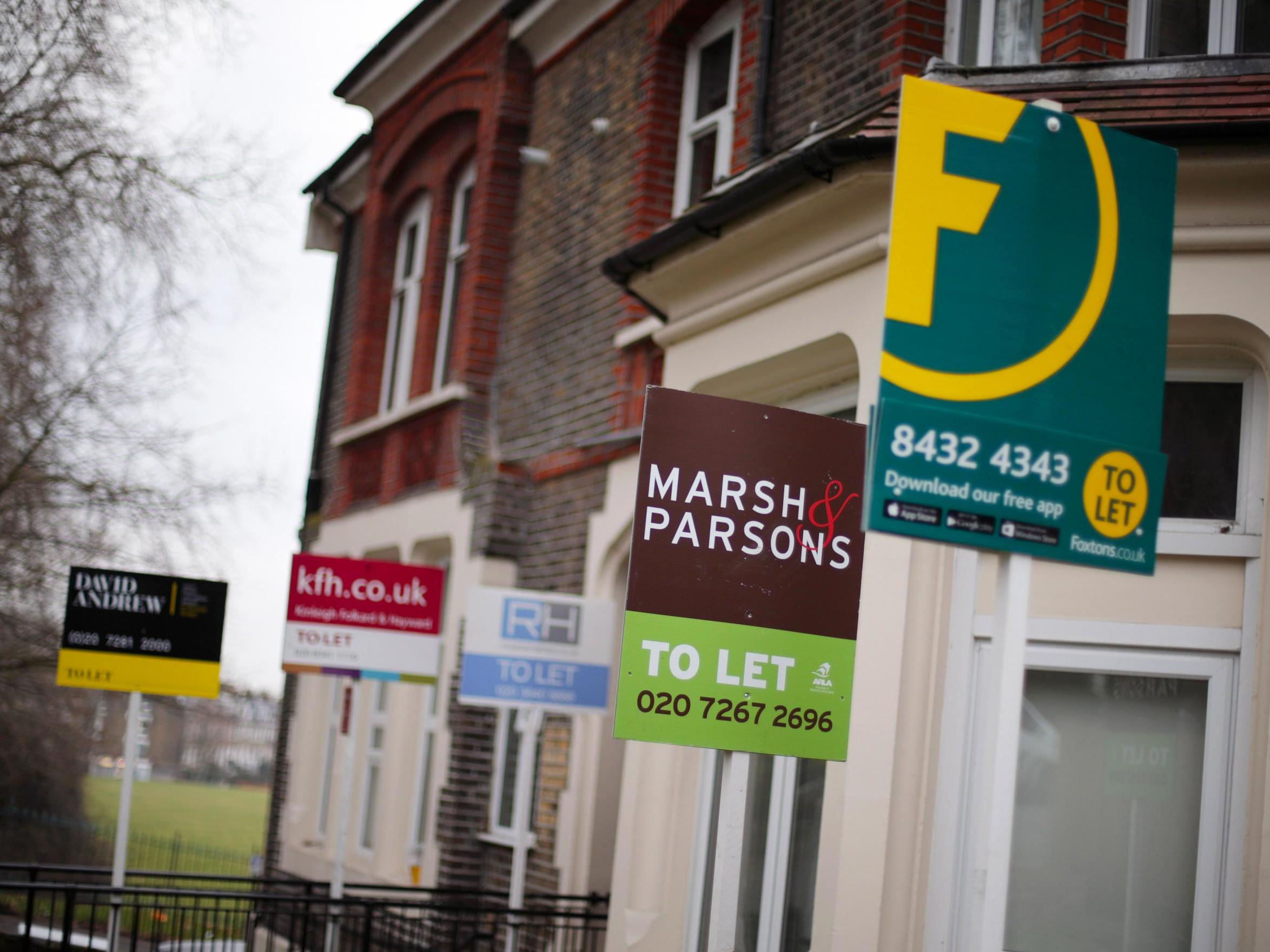Are first time buyers dying out?
... and if so, where will they go?

At first glance, rumours of the first time buyer’s death seem more than a little exaggerated.
The latest official figures show the number of would-be buyers finally getting that grip on the bottom rung is growing – up by more than 2.5 per cent in October 2019, according to UK Finance, the banking and financial trade association.
Signing on the dotted line at an average age of 32, 32,260 stepped on to the housing ladder in one month alone at the end of last year.
They certainly sound like solid numbers, but the growth is lagging compared with homeowners moving onto the next rung with a mortgage – at more than 4 per cent – despite similar underlying numbers.
Buying that first home means embracing some big numbers. The average first time buyer loan has now crept up to more than £174,000 – the equivalent of more than 78 per cent of the value of the typical home they’re buying and more than 3.5 times the average income.
Repaying the money will chew up just under a fifth of their pre-tax household income.
It’s a big ask. And while we all assume the linear traditional transition from renter to eventual owner, surprisingly large numbers of renters just aren’t interested any more.
One in four of those who don’t currently own a home don’t want to. Another 14 per cent aren’t sure.
Most say it’s because they prefer to rent. In fact a quarter of those renters used to own but have decided not to fight their way back into the market.
“Many prefer the flexibility of renting,” says Graeme Boiardini, CEO of Engen Group, which conducted the study. “However, there are still many who want to get on to the property ladder but can’t because of the cost. Sadly, some people also seem to have given up because of their age, believing they have left it too late to secure a mortgage, for example.”
But three million young adults are now “giving up” on renting too, according to a separate study revealing the numbers being turned down for a rental property has reached epidemic proportions.
A quarter of millennials and Generation Zers under the age of 35 have been rejected by landlords at least once. Most have been turned down multiple times.
The report by fintech business CreditKarma, suggests landlords and estate agents are rejecting prospective renters for reasons including low salaries, lack of a guarantor or small deposits – while some believe they were simply discriminated against for being “too young”.
But there’s also evidence that credit scores are increasingly being used to weed out younger applicants – one in four young renters surveyed said their rejection was based on their credit score, an increase of 10 per cent on 2017 figures.
Debt charity StepChange reported more than a year ago that half the private renters who have turned to them for help say their debt problem or a bed credit rating has affected their ability to rent. Already struggling with money, they commonly experienced a “debt premium” – facing higher costs, higher deposits and demands for guarantors.
“While it may seem obvious that debt has a negative impact on people’s housing options, what may come as a surprise is the central position of the private rented sector in acting as the main source of housing for vulnerable people in problem debt,” said senior public policy and campaigns advocate for StepChange, Alison Blackwood, at the time.
“While there is a regular policy focus on the need to increase housing supply, this alone will not tackle the complex and interdependent housing problems that financially vulnerable people face, especially in the private rented sector.”
At the same time though, half of the young adults at risk of being refused a tenancy aren’t sure what their credit score is and aren’t doing anything to improve it.
Among the quickest and simplest actions to take, one in four don’t update their electoral roll entry when they move and one in three don’t have any bills in their name.
As many as 3.1 million under 35s now accept they’ll never be able to rent, with many of those still living in their family home committed to staying put, Credit Karma warns.
The majority surveyed say that they can’t afford to move due to high rents or deposits, and even for those who have made it onto the rental ladder it’s far from plain sailing; high rents mean over half are unable to save, and four in 10 have been forced into debt.
“The challenges with getting on the property ladder are often discussed, but it’s worrying to see that young people are also struggling to find places to rent,” says Akansha Nath, credit specialist at Credit Karma
“With increasing demand meaning that landlords can be ever more picky about who they choose as tenants, it’s really important that people take steps to make themselves look as financially desirable as possible.”
Subscribe to Independent Premium to bookmark this article
Want to bookmark your favourite articles and stories to read or reference later? Start your Independent Premium subscription today.

Join our commenting forum
Join thought-provoking conversations, follow other Independent readers and see their replies